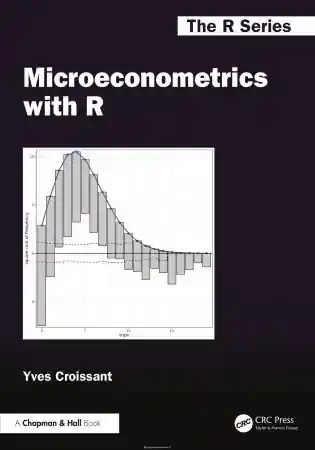
Foundations of Modern Macroeconomics, 2nd Edition
- Length: 816 pages
- Edition: 2
- Language: English
- Publisher: Oxford University Press
- Publication Date: 2009-08-31
- ISBN-10: 0199210691
- ISBN-13: 9780199210695
- Sales Rank: #2288156 (See Top 100 Books)
Highlights of this new edition:
- Chapters substantially revised to reflect current thinking in macroeconomics
- Includes 31 boxed case studies that are easily cross-referenced
- New material added and empirical data updated to better reflect labor market developments during the last three decades
- Streamlined mathematical appendix
Advanced macroeconomics can seem a daunting prospect. Complex and poorly defined, infected with a variety of conflicting approaches, it is difficult for the student to get an overall picture of what there is and how it fits in. Foundations of Modern Macroeconomics is aimed at getting around this fundamental problem: it deals with all the major topics, summarizes the important approaches, and gives students a coherent angle on all aspects of macroeconomic thought. Each chapter deals with a separate area of macroeconomics, and each contains a summary section of key points and a further reading list, enabling the student to check what has been learnt and investigate further in other books.
Table of Contents
Part I Intermediate macroeconomics
Chapter 1 Who is who in m acroeconomics?
Chapter 2 Dynamics in aggregate demand and supply
Chapter 3 Rational expectations and economic policy
Chapter 4 Anticipation effects and economic policy
Chapter 5 The government budget deficit
Chapter 6 A closer look at the labour market
Chapter 7 Trade unions and the labour market
Chapter 8 Search in the labour market
Chapter 9 Macroeconomic policy, credibility, and politics
Chapter 10 The open economy
Part II Towards advanced macroeconomics
Chapter 11 Money
Chapter 12 New Keynesian economics
Chapter 13 Exogenous economic growth
Chapter 14 Endogenous economic growth
Chapter 15 Real business cycles
Chapter 16 Overlapping generations in continuous time
Chapter 17 Overlapping generations in discrete time







